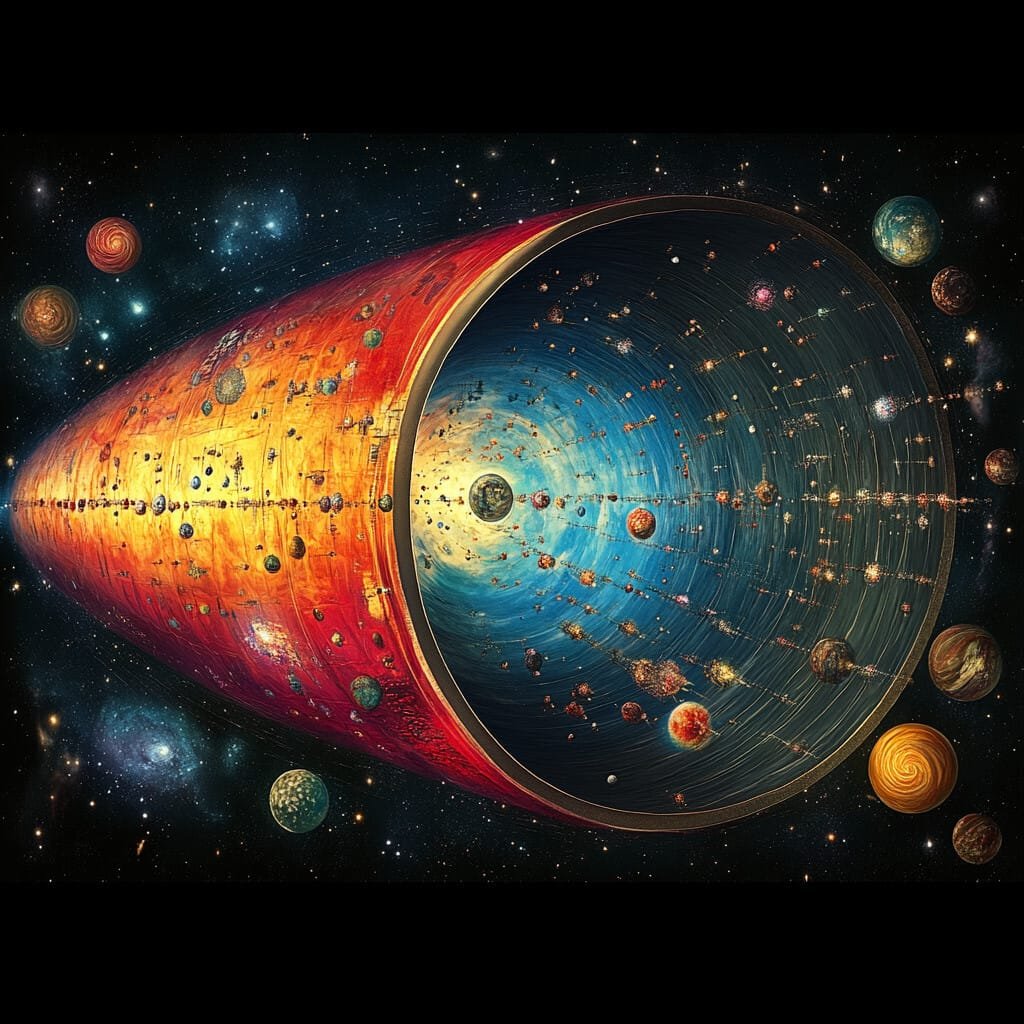📋 Table of Contents
- The Myth of Silence in Space
- The Science of Sound: Why Can’t We Hear in Space?
- Beyond Human Hearing: Waves in the Cosmic Ocean
- The Symphony of Black Holes
- Planetary Resonance: The Music of the Spheres
- Listening to the Universe: How We Capture Space Sounds
- The Future of Sound in Space Exploration
- Frequently Asked Questions (FAQ)
For centuries, humanity has been captivated by the vast emptiness of space, often depicted as a realm of absolute silence. But is the universe truly devoid of sound, or have we merely misunderstood how sound waves interact with the cosmos? In this article, we explore the myth of the silent universe, uncovering the hidden symphony of space that exists beyond human hearing.
The Myth of Silence in Space
Space is often portrayed as a silent void where no sound can travel. This idea has been reinforced by movies, books, and even scientific explanations.
The absence of air or any medium for sound waves to propagate gives the impression that space is completely mute.
However, silence in space is not absolute. While traditional sound waves cannot travel in a vacuum, other forms of wave propagation exist.
Scientists have discovered that certain cosmic structures generate waves that can be translated into sound when processed appropriately.
The notion of space being utterly silent is, therefore, more of a limitation of human perception than an actual reality.
Modern instruments have captured fascinating “sounds” from space, revealing an intricate and dynamic acoustic landscape.
These discoveries challenge our understanding of the nature of sound and its role in the universe.
The Science of Sound: Why Can’t We Hear in Space?
Sound, as we perceive it, requires a medium such as air, water, or solid matter to travel.
In the near-perfect vacuum of space, there are not enough particles to transmit sound waves in the conventional sense.
However, this does not mean that all waveforms cease to exist—electromagnetic waves and plasma waves are still present.
Radio waves, for example, travel freely through space and can be converted into audio signals by specialized equipment.
NASA has translated data from various celestial objects into sound, allowing us to “hear” the universe.
This technique has unveiled the hidden acoustics of the cosmos, from the eerie hum of interstellar gas to the rhythmic pulsations of neutron stars.
Thus, while traditional sound waves cannot propagate in space, other forms of vibrations exist and can be perceived in unique ways.
Frequently Asked Questions (FAQ)
Can astronauts hear anything in space?
No, astronauts cannot hear external sounds in space because there is no air to carry sound waves. However, inside their spacecraft, sound can travel through the cabin’s air.
What kind of “sounds” has NASA recorded from space?
NASA has recorded electromagnetic vibrations from planets, stars, and black holes, converting them into audio signals that resemble eerie hums and deep rumbles.
Do black holes make noise?
Yes, black holes can create pressure waves that travel through surrounding gas clouds, producing low-frequency sounds detectable by special instruments.
Is there a way to communicate through sound in space?
Traditional sound waves do not work in space, but radio waves and lasers can be used for communication over long distances.
